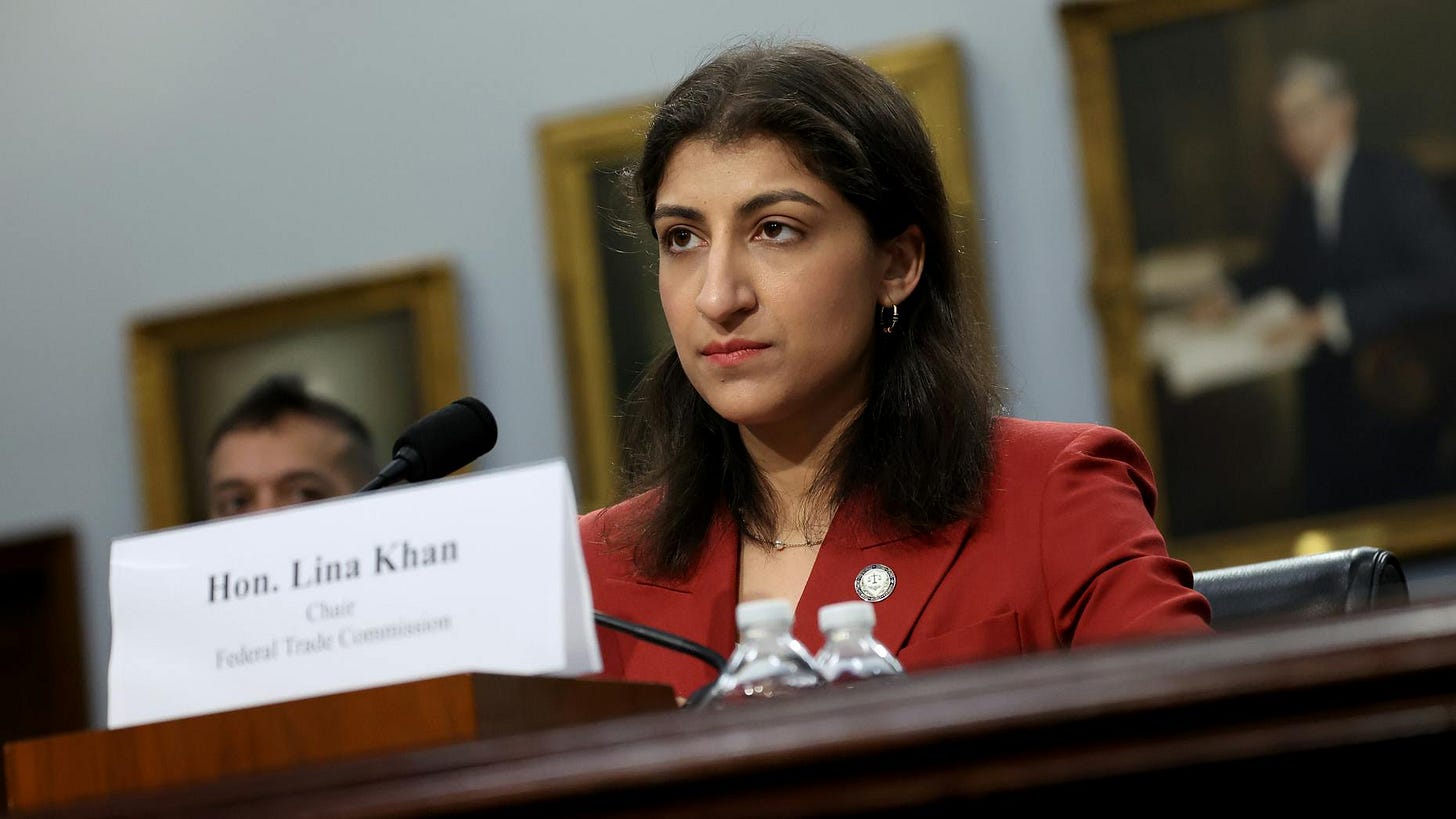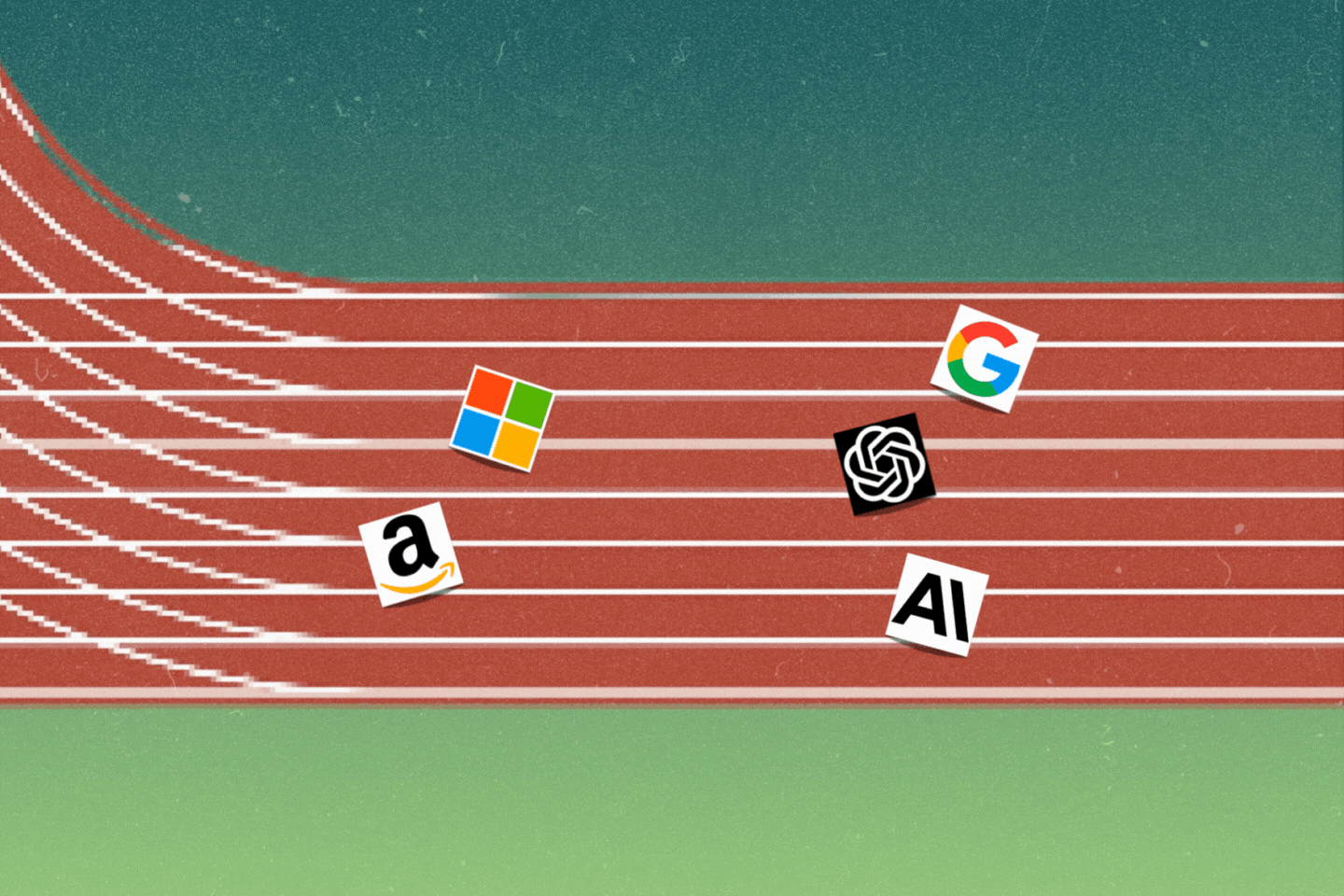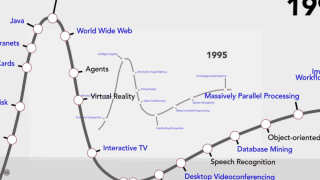
AI: Weekly Summary. RTZ #555
-
Nvidia’s top customers on AI GPU plans: The efforts by Nvidia‘s top customers like Amazon, Google, Microsoft and others to ramp up their own AI GPU chips continue to ramp up. Even though it means billions expended over years to even get on a ramp to potentially compete with Nvidia’s formidable hardware and software assets. This ‘Frenemies’ relationship is likely more the norm for a few years in this AI Tech Wave, unlike past technology waves. And there are scenarios why both approaches can work together for a long time. Also in the mix of course is diversification of LLM AI software by the main cloud companies, with Amazon’s recent doubling down on its investment in Anthropic, as it leverages both Meta’s open source Llama and OpenAI’s GPT-4 and other models. More here.
-
AI Data Centers getting ‘Super-Sized’ beyond 100,000 Nvidia GPUs: The AI Data Center ante keeps going up from tens of thousands to now 100,000 to soon 2-3x more Nvidia’s $30,000+ AI GPU chips per data center. Currently both Elon Musk’s xAI and Mark Zuckerberg’s Meta are in the lead here, with others like Microsoft/OpenAI, Google and others not far behind in the race. These are commitments in AI data centers and power commitments going from billions to tens of billions, as the underlying LLM AI models go through their own AI Scaling over the next few years. Nvidia of course continues to benefit from the sustained demand, as does Taiwan Semiconductor (TSMC) and other tech infrastructure companies for the foreseeable future. More here.
-
US and China ramp up pressures on TSMC: Taiwan Semiconductor (TSMC), the Taiwan company at the center of AI and geopolitical competition between the US and China, is finding itself under pressure from both sides. Notable because TSMC is the leading semiconductor ‘fab’ producer of the chips underlying Nvidia, Apple, Qualcomm and most other US tech companies. The opportunities to ‘thread the needle’ are getting tougher, especially with the upcoming administration transition in January. TSMC is doing its best to navigate the dynamics for now. And options are shrinking, especially as China ramps up its homegrown semiconductor production efforts. More here.
-
New AI ‘Wearables’ ramping: ‘Smart Rings’ are another AI driven Wearable beyond watches, headphones, and glasses. For Apple and others. Leading ‘smart ring’ company Oura saw a partnership with Dexcom, the leader in continuous glucose monitoring devices and technologies. Apple of course has broad and deep ambitions here with its ongoing AI driven healthcare initiatives in wearables for some time now. Smart rings are a nascent area with lots of promise on AI driven initiatives, including mechanisms of device control with AI enhanced brain controls being championed by Meta, Apple and others. Even watch makers like Casio and Timex are entering the space. More here.
-
FTC sets antitrust sights on Microsoft: Microsoft is seeing new antitrust questions around software licensing, cybersecurity and AI, with new questions by the outgoing FTC chair Lina Khan. This is a quarter century after the last set of similar actions for Microsoft around its bundling of browsers with its operating systems. Bundling is also at issue this time with its office and security productions being bundled in with its cloud offerings, something highlighted by its competitors. These are notable as AI ‘add-ons’ are being integrated into Microsoft offerings with its Copilot AI initiatives. These actions of course follow separate antitrust ‘Remedies’ actions against Google and others. More on that front here.
Other AI Readings for weekend:
-
Updated state of the current LLM AI race.
-
Things to be thankful for in AI and tech this Thanksgiving weekend.
Up next, the Sunday ‘The Bigger Picture’ tomorrow. Stay tuned.
(NOTE: The discussions here are for information purposes only, and not meant as investment advice at any time. Thanks for joining us here)











